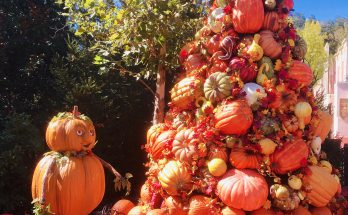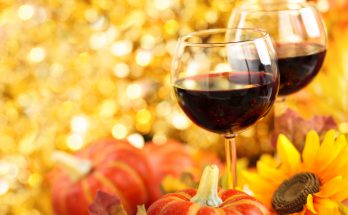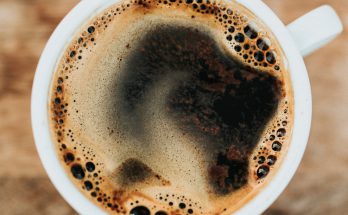Those who love France generally love food. And those who love France and food love French markets. Let’s take a tour through the brilliant markets of France, or as I like to say, the art of le marché.
L’Inspiration
When going to the marché, you don’t have to know what ingredients you want: Don’t know what to cook? Let the marché inspire you! The butcher, for example, will be happy to provide ideas. He will guide you as to whether to cook it for three hours in a pot or fry it briskly in a pan. He will know what recipe and which ingredients will go best this season.
The artisanal olive producer will instruct you on the many flavors of his olive oils. Seeing what specialties the cheese monger and the poultry vendor have will also help you make menu decisions. Allow the in-season vegetables to beckon you to include them in your recipes.
La Saisonalité
At French markets, you see only what’s in season. By contrast, at the supermarket, you might find out of season or tropical items, but that does not mean they are in season locally. The best barometer is the marché. In winter you will mostly find cabbage, potatoes, and other root vegetables. If you are finding tomatoes or zucchini in the winter, then these are from some hothouse in Europe and have never touched the earth, nor seen the sun. As my culinary Provencal friend Tony says, “Ce n’est pal normal!” Fresh is always better.
L’Ambiance
The marché offers visual and culinary delights, sounds, smells, conviviality. As Tony says, “C’est toute une ambiance!” Going to the marché gets people out of their homes, even if for just a couple of hours, especially on the weekends. It also contributes to getting movement, fresh air, and some social time. French vendors take pride in their presentation of their products.
Faire le Tour
Get to the marché as early as you can and take a tour around in order to assess what each vendor has to offer and at what price. Don’t hesitate to ask the price if it’s unmarked. If you happen to catch a marché as they are boxing things up at the end (usually around noon), you might find a deal on the remnants of vegetables or fruits, a “bon marché.”
It Takes a Village
As a rule, those vendors with the longest lines are the ones with the best quality relative to price. These are the vendors who tend know their clientele and the correct prices to offer. Au marché you will typically find a variety of vendors: Les Primeurs selling fruits and vegetables, then you have les Bouchers-Charcutiers-Traiteurs (Butcher, Charcuterie, and Prepared Foods vendors); les Fromagers (cheese, dairy and egg vendors), les Poissoniers (fish mongers), les Boulangers (bread vendors), les Produits Artisanales et Régionaux (artisanal and regional products, such as the olive oils and bundles of lavender in Provence); and most rarely, le Tripier-Volailler (Tripe and Organ Meats and Poultry vendor). The vendors are specialists in their products, and as a rule are expected to prepare your fish and meat the way you like it: cleaned, descaled, deboned, etc. This is part of the package and helps you figure out what you will be cooking – a filleted fish or a whole fish? A steak or a stew?
Reward Miles
Granted, it does take time to go to the marché. Oftentimes it is easier for a mom or dad to just drive to the supermarché and grab what’s needed. But like so many things in life, it is the process, more than the result that is so rewarding. Viewing it as one of the joys in life, the French will construct their entire Saturday or Sunday around the order and timing of the marché and the cooking of the meal. And therein lies the magic.
So next time you visit France, do as the locals do and enjoy this authentic experience!



